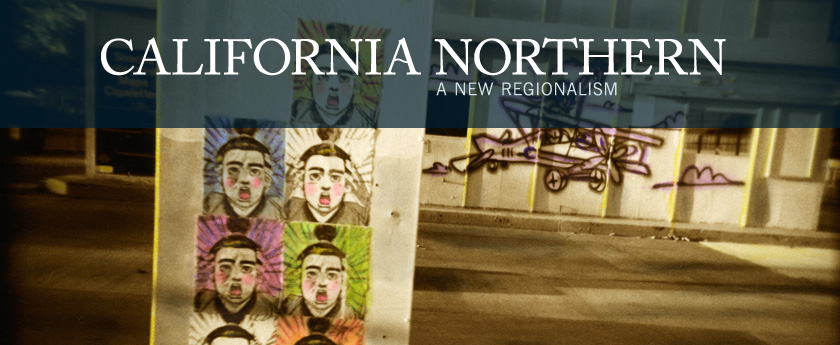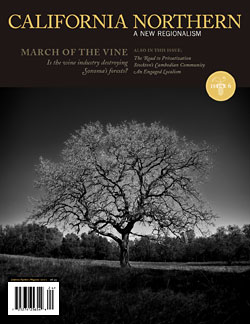A New Regionalism
A Politics of Our Own
There was a time for me, during my youth, when the word “politics” crackled with electricity. There was no other term that so fully described the manner in which we arrange our lives, no other word that captured our ability to dramatically restructure society. Politics was people seeking freedom from all forms of oppression; people fighting for control of their lives; people demanding information, power, compassion, a future. I believed in politics and all it could accomplish, and its scope seemed limitless.
Since then, I’ve been slowly taken by a broad and powerful cultural current that carries an entirely different conception of the word. “Politics” is now more associated with pundits, polls, gaffes, and scandals than the totality of life. Real issues are occasionally debated, but they remain buried beneath layers of emotional rhetoric designed to ignite party loyalty. There is this world of low entertainment, and then there is the rest of life.
I know I’m not alone. In the past few decades, participation in public life has declined. Fewer than half of us vote, political party affiliation has tanked, and the federal and state legislatures have approval ratings that, according to Gallup’s historical numbers, are as low as Nixon’s, post-Watergate. Discussions about why we have become disengaged from the public sphere and skeptical of governance often center on how we as citizens have changed. Yet it may instead be a result of what’s become an extraordinarily narrow definition of politics.
Our media may be the greatest purveyor of this new definition. They offer us byzantine analyses of political gamesmanship—how a politician’s position on an issue will affect his or her poll numbers, endless election-cycle scenarios of how each state might vote, how social media has “changed everything”—yet reduce significant issues to simplistic proxy wars between the left and the right. Millions of lives could be affected by certain decisions made by Congress—take health care, for example—but rather than demanding our leaders debate solutions to an obvious problem, most mainstream media outlets allow them to argue endlessly over “small government” versus “big government.” The right decries government waste or excessive taxation; the left summons a meek defense of the social compact calibrated to not alienate their own corporate donors. Repeat ad nauseam. What we’re left with is a distracting argument, presumably about the nature of government itself, in which none of the players seem to carry a whiff of conviction or concern about the consequences of their rhetoric. It is posturing rather than decision-making. The behavior has become so entrenched that we now expect politicians to debate only to improve their poll numbers, not to improve our lives.
This is an excerpt of “A New Regionalism”

